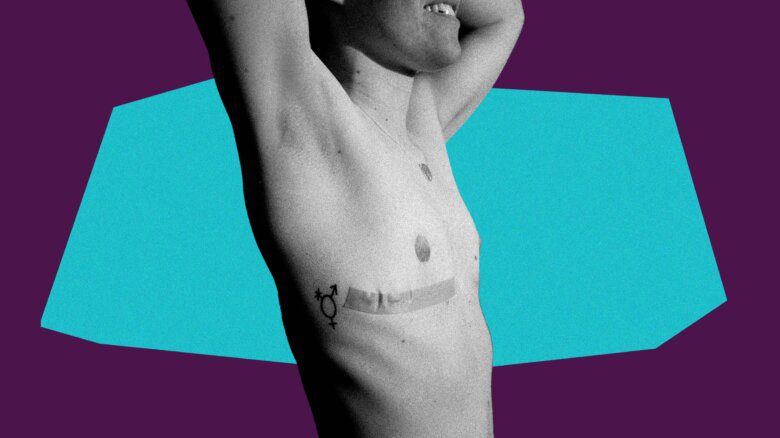A new University of BC study says gay, lesbian and bisexual teens face higher pregnancy rates than their straight counterparts due in part to the stigma and discrimination many of them face.
As a result, researchers are calling for schools to be made safer for not only gay youth but for all youth.
“Reducing the levels of stigma, harassment, and sexual violence that LGB youth face, and creating safer, more supportive schools for LGB youth is a key step,” says study author Elizabeth Saewyc, a UBC School of Nursing associate professor.
The study says pregnant lesbian and bisexual teens are twice as likely to have experienced discrimination because of their sexual orientation than their straight counterparts.
To avoid such discrimination, some gay and lesbian youth may engage in heterosexual dating and sex and try to act straight as a form of “camouflage” to avoid being identified as gay, the report suggests.
The report also points to other possible explanations for the higher pregnancy rates, such as sexual violence.
“But sexual violence is linked to pregnancy for all teens,” Saewyc notes, “so interventions to reduce sexual harassment and sexual violence in adolescent relationships can have a positive effect for teens of every orientation.”
Saewyc’s findings are being supported by the Canadian Institutes of Health Research (CIHR).
Dr Joy Johnson, scientific director for the CIHR’s Institute of Gender and Health, says the work underscores the health threats that gay youth face at school.
“More must be done to protect the health of all youth,” she says.
“Teen pregnancy is declining, but the risk is still higher for LGB youth,” adds Saewyc. “These results are linked to higher rates of discrimination and harassment among LGB teens at school. This issue is not unique to BC.”
Population studies in other countries have also documented higher rates of teen pregnancy among sexual minority youth, Saewyc notes.
“We expect other provinces in Canada would report similar results if they conducted similar surveys,” she adds.
The study, released Dec 16 in the Canadian Journal of Human Sexuality, is based on the BC Adolescent Health Survey.
The survey is conducted every five or six years in school districts across the province by the McCreary Centre Society.
It includes questions about sexual health and risk behaviours, as well as questions about sexual orientation.
BC is the only province that tracks trends in sexual health for both lesbian, gay and bisexual youth and heterosexual teens.
 Why you can trust Xtra
Why you can trust Xtra


